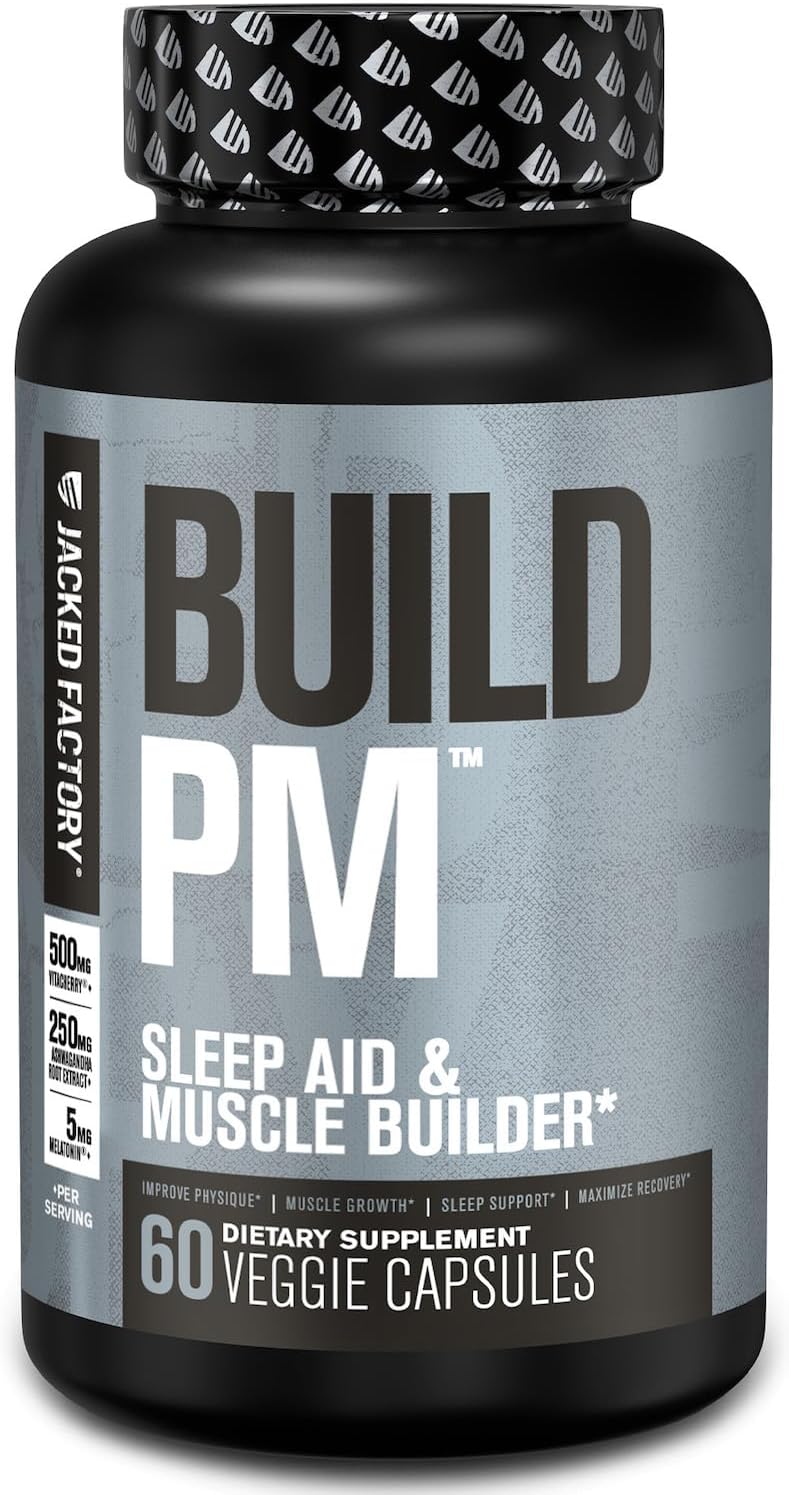Caffeine Intake: Exploring the Effects It Has in Your Body
Caffeine is a stimulant that affects the central nervous system, as well as other systems in the body. It works by altering the way your body handles adenosine, a chemical that helps regulate energy and sleep. Adenosine is a chemical that builds up in your brain throughout the day, and when it binds to its receptors, it makes you feel tired.
Caffeine has a similar structure to adenosine, so it can fit into the same receptors that adenosine uses. When caffeine binds to the adenosine receptors, it blocks adenosine from attaching to them. This means that adenosine can’t do its job of making you feel sleepy. As a result, you feel more awake and alert.
These receptors exist in cells all over the body, so caffeine affects more than just the brain. Caffeine creates a bunch of different physical and neurological responses, including:
- Central nervous system stimulation: Caffeine crosses the blood-brain barrier and directly stimulates the brain. This is why caffeine can make you feel more awake and energized.
- Diuretic effects: Caffeine increases urination.
- Digestive functions: Caffeine stimulates increased release of stomach acid.
Caffeine is a very efficient stimulant. When you consume caffeine, 100% of it is absorbed. Peak blood levels are reached in 30 min to 45 min, and peak plasma concentrations are achieved between 15 and 120 minutes after ingestion. Caffeine has a half-life in the body of about four to six hours, suggesting that there are likely still traces of caffeine in your bloodstream 12 hours later or longer.
What Are the Disadvantages of Caffeine Before a Workout?
The effects of caffeine on different parts of the body can have unexpected effects on your workout. This can be especially true if you don’t already know how your body reacts to caffeine.
For one thing, caffeine can stimulate bowel movements. The exact reason for the post-coffee bathroom urge isn’t fully understood, but some research suggests caffeine boosts hormones that trigger colon contractions.
If that’s typical for you, you should consider bathroom access when you plan your caffeine intake and workout schedule. For example, having caffeine before running on a trail might leave you in an awkward situation when nature calls. The diuretic effects of caffeine may also contribute to dehydration after a hard workout.
Caffeine can also cause insomnia. It can take anywhere between 2 to 12 hours for the effects of caffeine to subside, so drinking a coffee in the afternoon can mean you’re still experiencing the effects of the java at bedtime. Experts suggest that you should stop consuming caffeine at least eight hours before you plan to sleep.
Consuming caffeine when you aren’t accustomed to it can cause unpleasant side effects like increased anxiety and blood pressure which could negatively affect your workout.
Caffeine and Exercise: Get the Timing and the Dosage Right
The key to using caffeine to enhance workouts is to consume the right amount at the right time.
According to the International Society of Sports Nutrition (ISSN) report, consuming caffeine about 60 minutes pre-exercise is the most commonly used timing of caffeine supplementation. This estimate is based on research that shows that caffeine effects tend to peak about 60 minutes after consumption.
ISSN also notes in the same report that the optimal dose of caffeine for performance enhancement is 3-6 mg of caffeine per kilogram of body mass. Some people can get a benefit from a dose as low as 2mg per kilogram of body mass. This means a 150lb person might benefit from 137mg to 408mg of caffeine. That’s the equivalent of between 10oz and 35oz of coffee.
Sources of Caffeine and Types You Might Consider Pre-Workout
Most people turn to caffeinated beverages for their extra boost. These caffeine sources are usually easy to find and easy to consume. But if these aren’t your thing, there are a variety of choices with different caffeine content in them.
The FDA estimates that an 8-ounce cup of tea contains 30 to 50 milligrams, and an 8-ounce cup of coffee has 80 to 100 milligrams. Caffeinated energy drinks may contain 40-250 mg per 8-fluid ounces.
You can also find over-the-counter caffeine pills before workouts. Another option is chewing gum with added caffeine. Depending on the brand, they might contain 80 to 300 mg per piece of gum. Gum and tablets can be a good option if you don’t want to fill your stomach with liquid before exercising.
What Are the Benefits of Caffeine Before a Workout?
There may be benefits to consuming caffeine before a trip to the gym. It is a stimulant, after all, so it can make you feel more energized. That extra energy boost may offer positive effects on workout performance.
In 2021, the International Society of Sports Nutrition (ISSN) conducted a review of research to determine how caffeine affects exercise. They concluded that caffeine consistently shows improved exercise performance, including:
- Aerobic endurance
- Muscular endurance
- Movement velocity
- Muscular strength
- Performance in sprinting, jumping, and throwing
The Bottom Line
Caffeine can be part of a healthy lifestyle. Moderate caffeine intake is safe for most people, and it can improve energy levels, endurance, and strength that may lead to better exercise performance. But moderation is the key: Too much caffeine can make you feel jittery, and caffeine too late in the day can make it hard to sleep.
MyFitnessPal’s tracking tools can help you track your sleep, food, and workouts. Together, that information can help you make choices that get you to your diet and exercise goals. Get started with the MyFitnessPal app today!
FAQs
How much caffeine is too much for a workout?
The International Society of Sports Nutrition (ISSN) recommends that people consume 3-6 mg of caffeine per kilogram of body mass. This is approximately 137mg to 408mg for a 150lb person, which is equivalent to 10oz to 35oz of coffee.
How long before a workout should I consume caffeine?
According to the ISSN, the optimal time to consume caffeine for a workout is about 60 minutes beforehand. This allows the caffeine to peak and start providing its benefits during your workout.
Is it okay to consume caffeine on a daily basis?
Moderate caffeine intake is safe for most people, and some research suggests that it can even provide benefits for exercise performance. However, excessive caffeine consumption can lead to negative side effects such as jitteriness, anxiety, and insomnia.
Will caffeine help me lose weight?
Caffeine alone is unlikely to help you lose weight, as it only provides a temporary energy boost and can lead to overeating. A comprehensive weight loss plan that includes a healthy diet and regular exercise is more likely to be effective in achieving your weight loss goals.
Recommended Products:
-

Livingood Daily Methylated Multivitamin for Women & Men, Multi Vitamin – Mineral Supplement Capsules with Iron, B Complex, Selenium, & Zinc – Non-GMO, Gluten-Free, Vegetarian Multi Vitamins for Adults
$30.95 Buy Now -

Jacked Factory Build PM Night Time Muscle Builder & Sleep Aid – Post Workout Recovery & Sleep Support Supplement w/VitaCherry Tart Cherry, Ashwagandha, & Melatonin – 60 Natural Veggie Pills
$37.99 Buy Now -

Vegan Whole Food Multivitamin with Iron, Daily Multivitamin for Women and Men, Made with Fruits & Vegetables, B-Complex, Probiotics, Enzymes, CoQ10, Omegas, Turmeric, Non-GMO, 90 Count
$23.97 Buy Now



